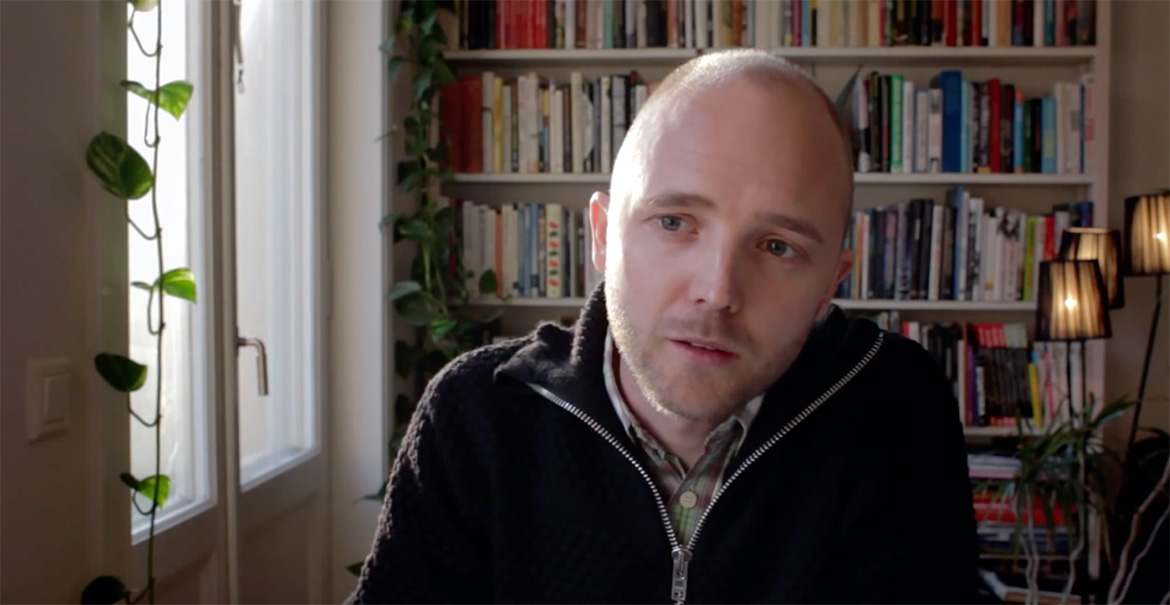ABF-Huset i Stockholm: Tisdag 6 mars. Kl 18.15. ABF-huset. Sveavägen 41. Entré 50 kr.
I fem tusen år har människan byggt civilisationer, en samhällsform som kan skapa bestående underverk men också vara förödande för grunden till vår överlevnad: naturen. Inte minst gäller detta vår egen industriella civilisation.
Frågan är hur länge den nuvarande utvecklingen kan pågå. Kommer vi att följa i spåren på romarriket och mayaimperiet och hur kommer i så fall framtiden att se ut? David Jonstad berättar utifrån sin bok Kollaps. Livet vid civilisationens slut om vad som får en civilisation på fall och hur vi genom samarbete, kreativitet och solidaritet kan skapa ett gott liv även i framtiden.

 NewsVoice är en nättidning för oberoende nyheter, debatt och analys.
NewsVoice är en nättidning för oberoende nyheter, debatt och analys. 

